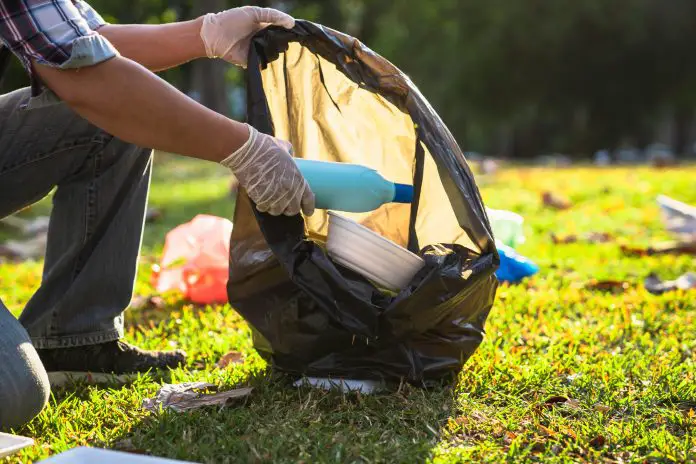Key Takeaways
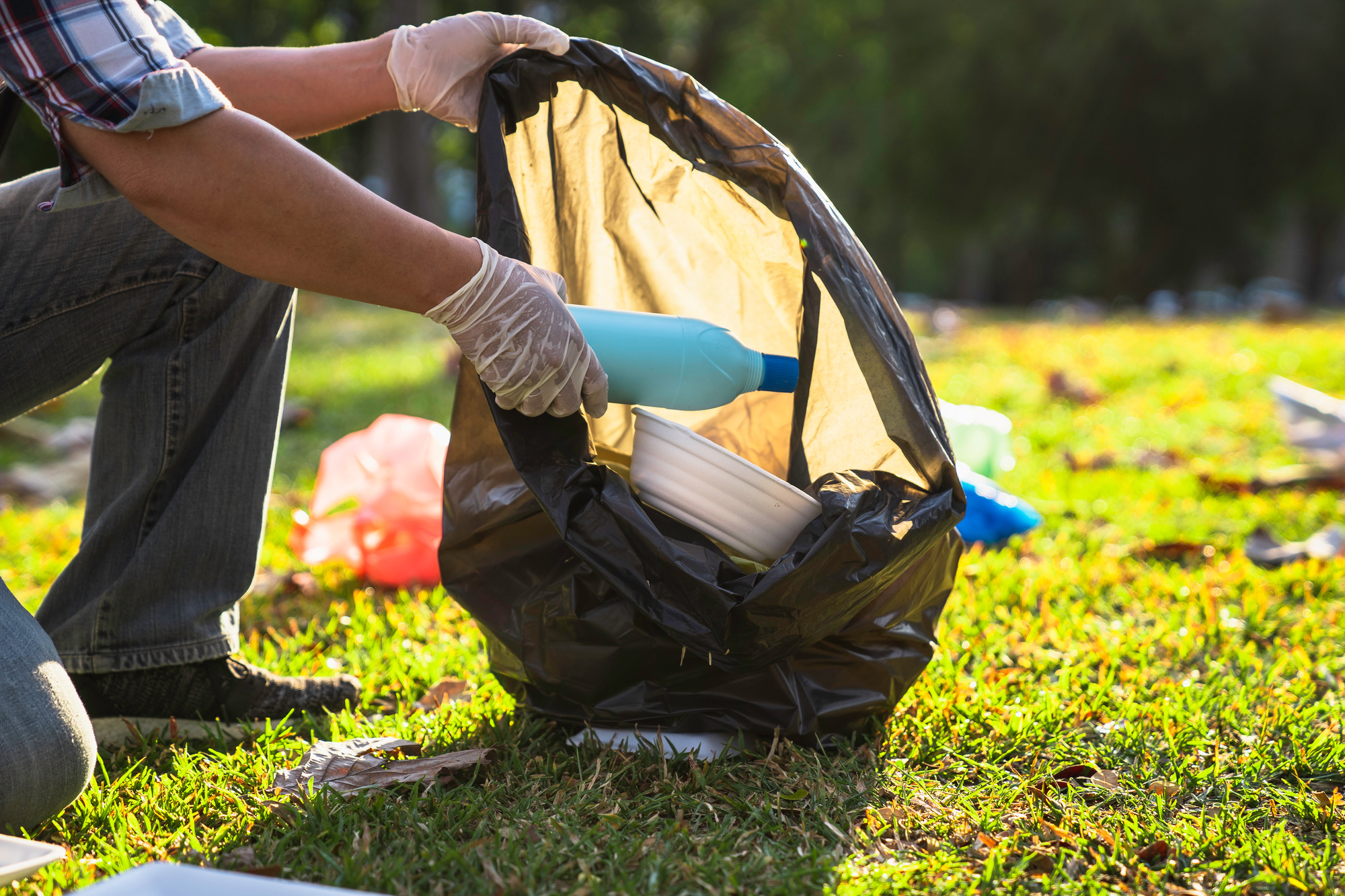
- Growing Market Demand: The garbage removal industry is expanding due to increased waste production and urban population density, creating opportunities for residential, commercial, and specialty services.
- Legal Compliance: Obtaining necessary licenses, permits, and insurance is crucial to operate legally and establish a trustworthy reputation in the waste management sector.
- Comprehensive Business Plan: A well-structured business plan outlines your services, target market, and operational strategies, setting the foundation for success in the garbage removal business.
- Target Market Identification: Researching and understanding your target market—residential clients, local businesses, and niche markets—helps tailor your marketing efforts and attract the right clients.
- Effective Marketing Strategies: Building an online presence and engaging in local advertising, networking, and community involvement are essential for promoting your garbage removal services and building brand awareness.
- Operational Management: Focus on hiring skilled employees and establishing a competitive pricing strategy to enhance service efficiency and customer satisfaction, ensuring long-term business success.
Starting a garbage removal business can be a rewarding venture both financially and environmentally. With growing concerns about waste management and sustainability, there’s never been a better time to jump into this industry. Whether you’re looking to make a positive impact in your community or simply want to be your own boss, this guide will help you navigate the essential steps to get started.
Understanding the Garbage Removal Industry
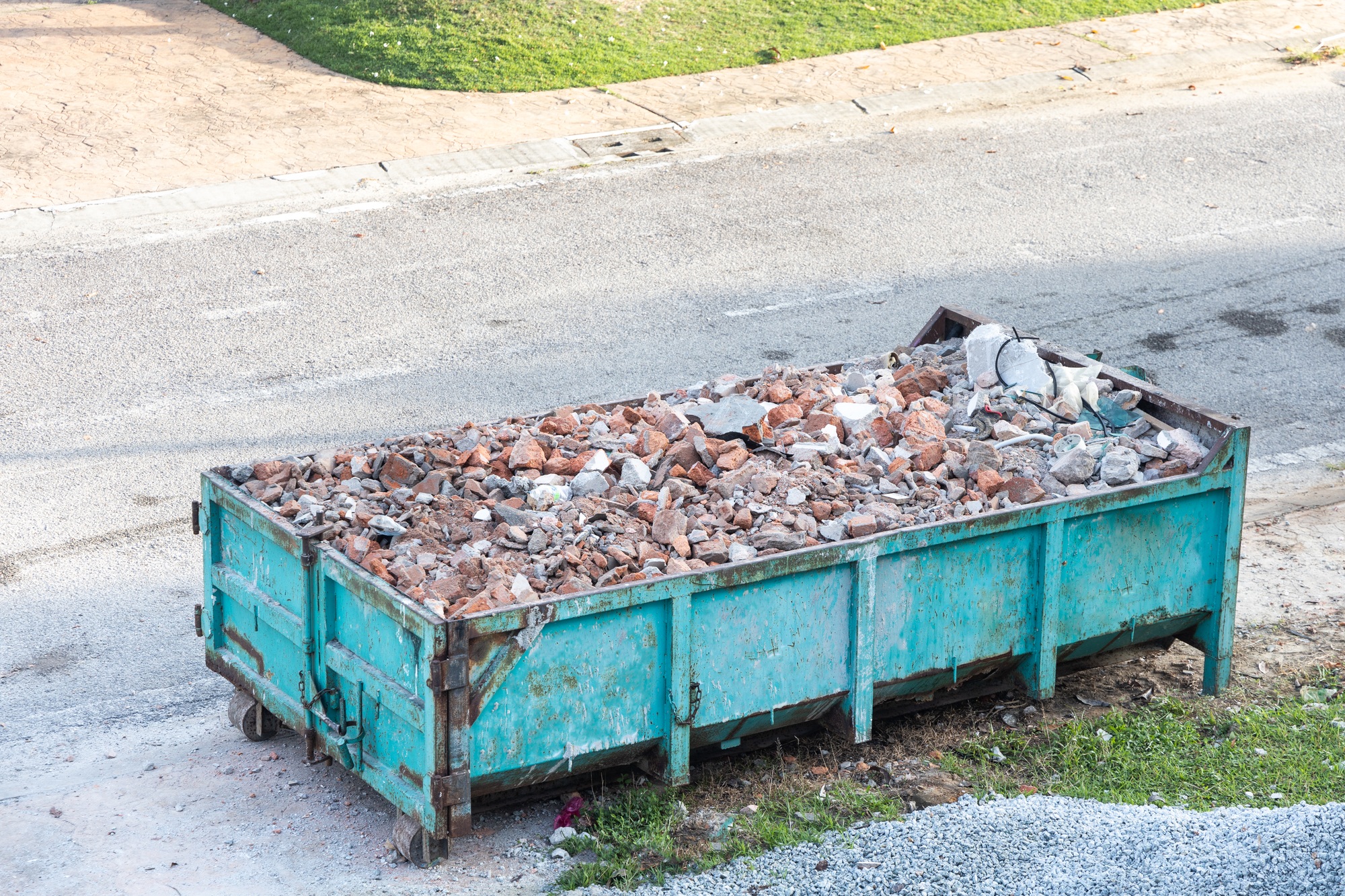
The garbage removal industry presents various avenues for small business startups. Understanding market demand and regulations helps you navigate your venture effectively.
Market Demand and Opportunities
Market demand for garbage removal services continues to grow due to increasing waste production and environmental concerns. Urban areas, with their higher population density, require efficient waste management solutions. Homeowners, businesses, and construction sites all necessitate reliable garbage removal services.
- Residential Services: Provide curbside pickup for households, catering to routine waste and bulk items.
- Commercial Services: Target local businesses needing regular waste collection and disposal.
- Construction Services: Address debris removal from construction and renovation projects.
- Specialty Services: Offer recycling or hazardous materials disposal, tapping into eco-friendly practices.
You’ll find that identifying a niche in the market enhances your startup potential while also fulfilling community needs.
Key Regulations and Licensing
Complying with regulations and obtaining necessary licenses ensures your garbage removal business operates legally. Regulations vary by location but typically include the following requirements:
- Business License: Acquire a local business license to operate within your jurisdiction.
- Waste Management Permits: Obtain permits relevant to the waste types you collect and transport to meet local environmental laws.
- Insurance: Secure liability insurance to protect against accidents during operations.
- Vehicle Registration: Ensure that all vehicles used in your business are properly registered and meet safety standards.
By addressing these regulatory aspects early, you can confidently start your business and build a trustworthy reputation in the garbage removal industry.
Creating a Business Plan

Creating a comprehensive business plan is vital when starting a garbage removal business. A well-structured plan outlines your strategy and defines your path to success.
Defining Your Services
Define the services you offer, which could include residential junk removal, commercial cleanouts, or specialized options like electronics recycling. Clearly outline each service’s details, making it easy for potential customers to understand what’s available. For example:
- Residential Services: Provide convenient home cleanouts, yard debris removal, or seasonal clean-ups for houses.
- Commercial Services: Cater to businesses with office clean-outs, renovation debris, or bulk waste disposal.
- Specialty Services: Offer estate cleanouts or responsible disposal of electronic waste and hazardous materials.
By listing specific services, you clarify your business offerings and differentiate your startup in the competitive garbage removal market.
Identifying Your Target Market
Identifying your target market requires thorough research on customer demographics and local demand. Your audience may vary based on location and services offered. Factors to consider:
- Residential Clients: Target homeowners and renters needing routine or one-time cleanup services.
- Commercial Clients: Engage local businesses, property managers, or contractors requiring ongoing or periodic junk removal.
- Niche Markets: Explore specialized groups, such as events needing bulk waste management or environmentally-conscious consumers seeking eco-friendly disposal methods.
Understanding your target market helps in tailoring your marketing strategies effectively, leading to successful outreach that attracts clients to your small business.
Setting Up Your Business

Setting up a garbage removal business involves critical steps to ensure legality and effectiveness. Focusing on a solid foundation prepares you for success within this industry.
Choosing a Business Structure
Choosing the right business structure is essential when starting a small business like garbage removal. Common options include sole proprietorships, partnerships, limited liability companies (LLCs), and corporations. Each structure varies in registration requirements, tax implications, and liability protection. For instance, sole proprietors don’t need to register for an Employer Identification Number (EIN), while partnerships and corporations must. Assess these structures based on your business goals and consult with a legal expert to determine the best fit.
Finding Equipment and Supplies
Finding the right equipment and supplies is crucial for your garbage removal startup. Necessary items include trucks suitable for hauling waste, tools for loading and unloading, and safety gear for your team. Consider sourcing containers for different types of waste, like electronics or hazardous materials, depending on your niche. Establish relationships with suppliers to ensure you secure reliable equipment while managing costs. Your investment in quality equipment will improve operational efficiency and enhance customer satisfaction.
Marketing Your Garbage Removal Business

Marketing plays a crucial role in establishing your garbage removal business within the community. A strong strategy not only attracts clients but also builds your brand reputation.
Building an Online Presence
Creating a professional website is vital for your garbage removal startup. Use user-friendly website builders like Wix to develop your site without needing extensive coding skills. Ensure your website is mobile-friendly, loads quickly, and is optimized for SEO. Incorporate relevant keywords that relate to garbage removal services, which improves visibility in search engine results. Include clear descriptions of service offerings such as residential junk removal, construction debris disposal, and recycling options. Implementing online booking and contact forms enhances user experience and makes it easy for prospective clients to reach you.
Networking and Local Advertising
Networking fosters valuable relationships within your community. Attend local events, join business organizations, or participate in clean-up initiatives to connect with potential clients and partners. Leverage social media platforms to promote your services, share customer testimonials, and engage with your audience. Collaborating with local businesses, such as real estate agents and construction companies, can generate leads. In addition, consider local advertising methods, including flyers, postcards, and newspaper ads, to increase visibility. Utilize community boards or offer special discounts for first-time customers to encourage trial of your services.
Implementing these marketing tactics effectively positions your garbage removal business for success within the local market.
Managing Operations
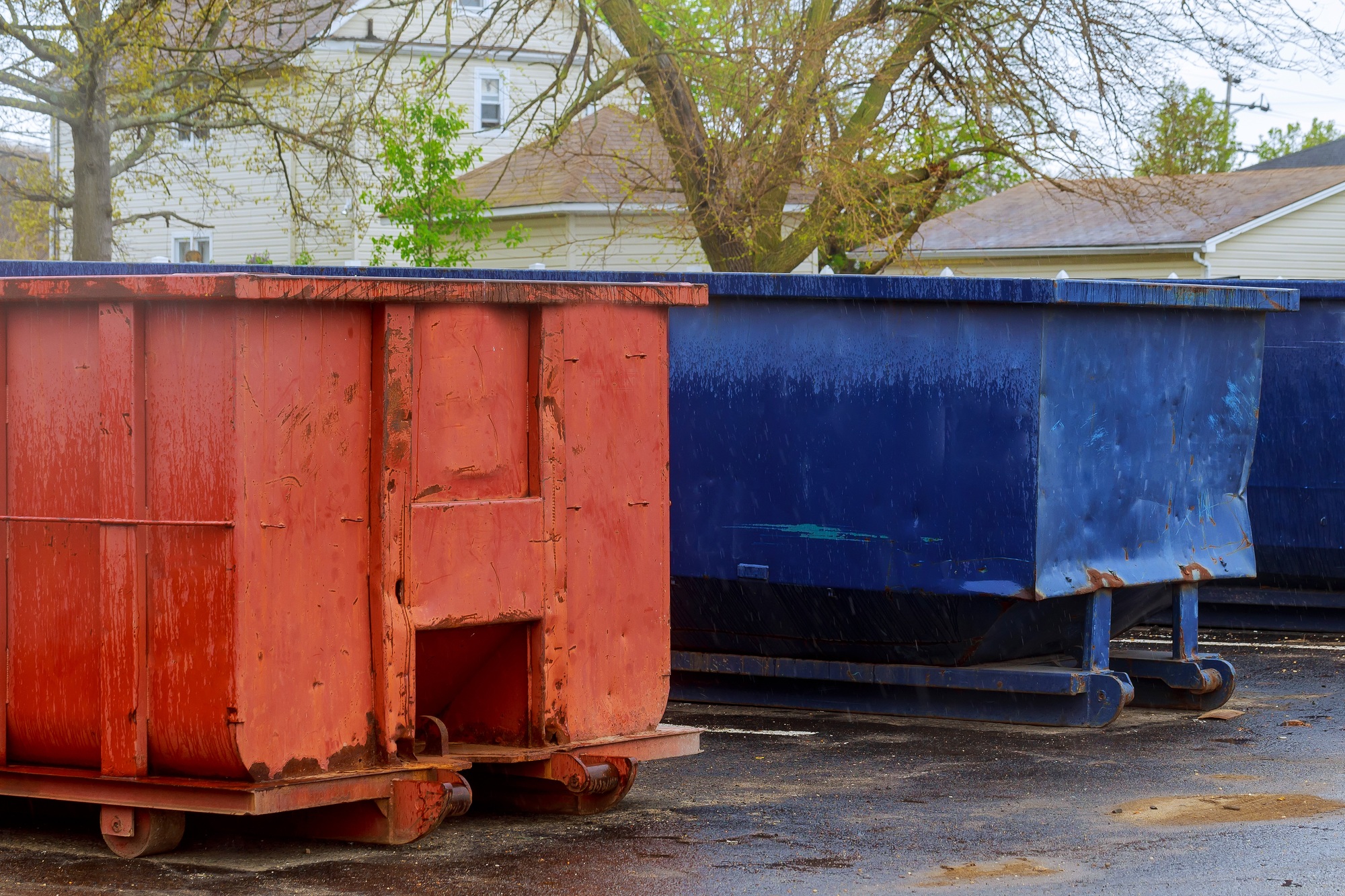
Managing operations effectively is key for starting a garbage removal business. Focus on hiring the right employees and establishing a competitive pricing strategy to ensure long-term success.
Hiring Employees
Hire skilled employees who understand the importance of efficient waste management. Recruit individuals with experience in physical labor, customer service, and safety protocols. Provide training to ensure compliance with local regulations and safety standards. Retain staff by fostering a positive work environment and offering competitive wages. Utilize social media and local job boards to attract talent.
Establishing Pricing Strategy
Establish a pricing strategy that reflects your services while remaining competitive within your local market. Analyze competitors’ pricing structures, including fees for residential, commercial, and specialty services. Consider offering transparent pricing models based on weight, volume, or flat rates. Factor in fuel costs, labor expenses, and equipment maintenance when setting prices. Provide discounts for recurring customers or large-scale jobs to incentivize loyalty and repeat business.
Conclusion
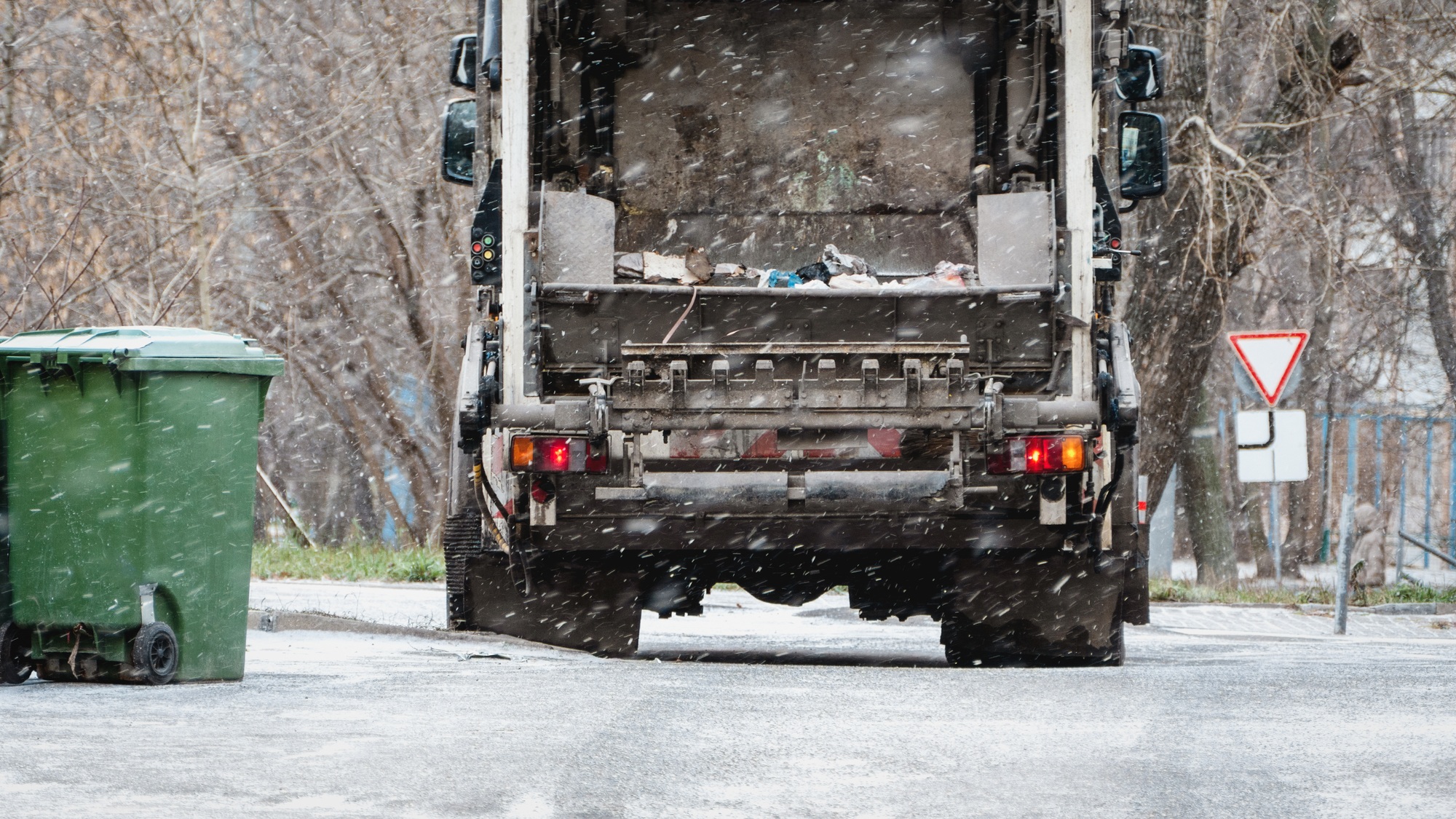
Starting a garbage removal business can be a rewarding venture both financially and environmentally. With the right planning and execution you can carve out a niche that meets the growing demand for waste management services.
By focusing on community needs and implementing effective marketing strategies you can build a strong reputation and attract a loyal customer base. Remember to stay informed about regulations and maintain compliance to ensure your business operates smoothly.
As you embark on this journey keep your goals clear and stay adaptable to the ever-changing landscape of waste management. Your commitment to sustainability and customer satisfaction will set you apart in this thriving industry.
Frequently Asked Questions

What are the benefits of starting a garbage removal business?
Starting a garbage removal business offers financial success and a chance to positively impact the environment. With growing waste production and sustainability concerns, this industry is in high demand, making it an appealing venture for aspiring entrepreneurs.
What types of services can a garbage removal business offer?
A garbage removal business can provide various services, including residential junk removal, commercial cleanouts, construction debris removal, and specialty services like electronics recycling. Identifying a niche based on community needs can enhance service offerings.
What licenses and permits are required for garbage removal businesses?
To operate legally, garbage removal businesses typically need a local business license, waste management permits, and liability insurance. Additionally, ensuring vehicle registration is crucial for building a trustworthy reputation in the industry.
How do I create a business plan for my garbage removal business?
A solid business plan should outline your services, target market, and marketing strategies. Clearly define your offerings, understand customer demographics, and set clear goals to guide your garbage removal business towards success.
What is the best business structure for a garbage removal startup?
Common business structures for a garbage removal startup include sole proprietorships, partnerships, LLCs, and corporations. Each has implications for liability, taxes, and management, so choose one that aligns with your business goals and risk tolerance.
How can I effectively market my garbage removal business?
Build an online presence with a professional, SEO-optimized website that offers clear service descriptions and online booking. Utilize social media, local networking, and traditional advertising methods like flyers and discounts to attract clients.
What equipment do I need to start a garbage removal business?
Essential equipment includes trucks for transporting waste, loading tools (like dollies and hand trucks), and safety gear for workers. Establishing relationships with suppliers can help maintain operational efficiency and ensure customer satisfaction.
How do I hire employees for my garbage removal business?
Look for skilled individuals with experience in physical labor and customer service. Provide proper training on safety protocols and regulations. Creating a positive work environment and offering competitive wages can help retain staff effectively.
What pricing strategy should I use for my garbage removal services?
Analyze competitors’ pricing and consider factors like fuel costs and labor expenses. Implement transparent pricing models and offer discounts for recurring customers or large jobs to encourage loyalty and attract more clients.
Image Via Envato: bilanol, mypics, photovs, mohdizzuanbinroslan, FoToArtist_1, itchaznong, ThamKC, chartchaik1


